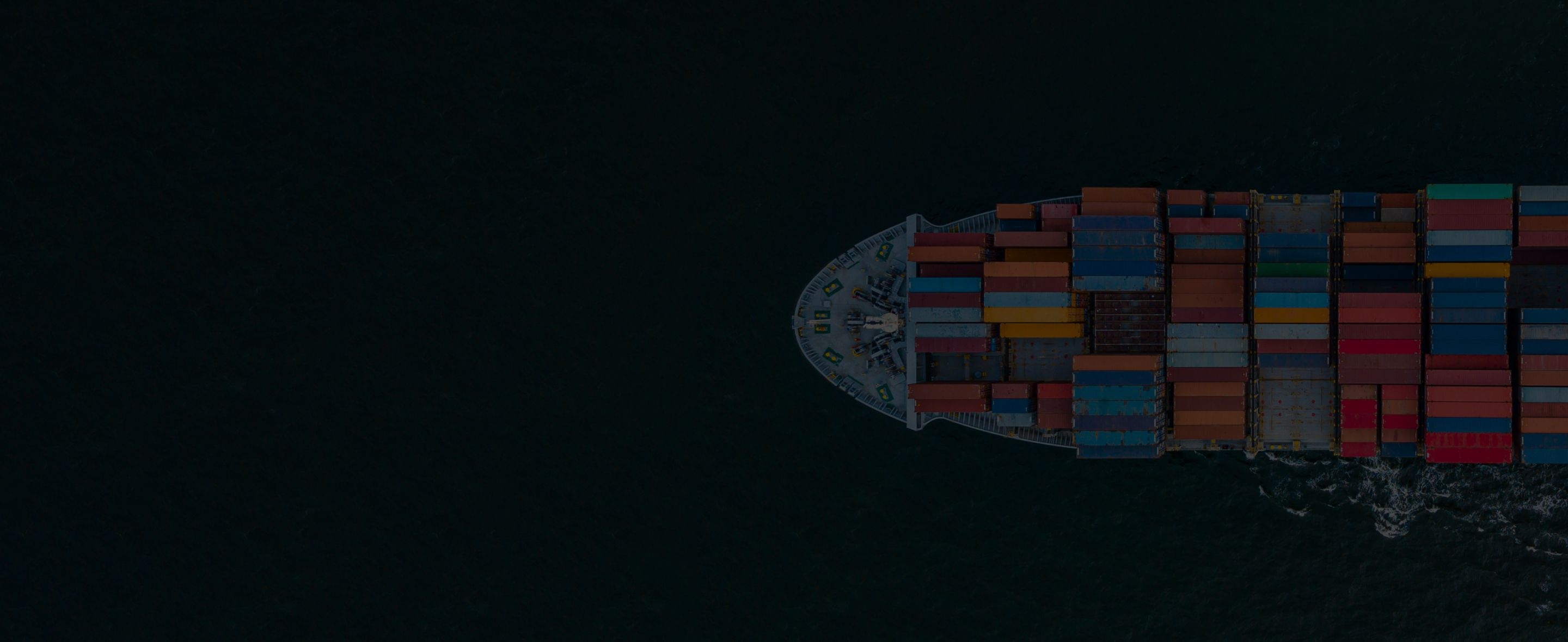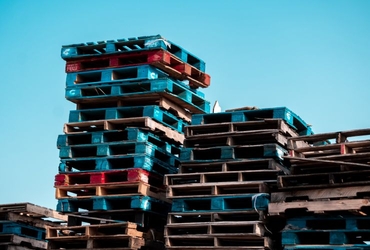
VGM Implementation: 6 months later
VGM implementation: Six months on
An eventful six months have passed since the International Maritime Organization (IMO) amended the Safety of Life at Sea (SOLAS) convention requiring containers to provide verified information on its gross mass. In today’s post, we take an in-depth look at how the ocean freight industry has coped with the Verified Gross Mass or VGM implementation.
We interview Cristina Peña Andrés, an expert in logistics, foreign trade, and international transport. Cristina is also a professor at the ICIL (Logistics and Supply Chain) Foundation in Barcelona. She has published several books on international trade, including Guía de negociación para el comercio internacional (Guide to International Trade Negotiation). In this post, Cristina discusses the effectiveness of the VGM implementation, six months on.
iContainers: Last summer, you published an annex to your book on the Transport Manual for International Trade on SOLAS amendments. Is this an important chapter on the VGM implementation?
Cristina: Margebooks edited my book, Manual de transporte para el comercio internacional (Transport Manual for International Trade), in May 2016. It’s a compilation of the most common problems international trade professionals face when dealing with logistics and international transportation. Shortly after, in July 2016, the new SOLAS VGM resolution was introduced.
This was extremely relevant to the mandatory compliance of maritime transport. As such, I thought it was vital to include an annex regarding SOLAS urgently - at least digitally - in order to complete the manual.
I thought it was important to mention the new amendment requiring all shippers to provide the verified weight of each shipped container. This information is required to help with exportation, in relation to how shipping lines handle the shipment as well as their weight allowances. However, issues regarding non-compliance or the associated incoterms remain unclear.
In July 2016, I published an informative document for professionals wishing to better understand the new SOLAS amendments. This document can be downloaded for free with a code that you can obtain from my website. In this document, you can find plenty of information. That includes the two permissible methods for verifying the gross mass of packed containers, and the pros and cons of each method.
You can download the annex here. It’s currently in Spanish but the English version will be published shortly.
iContainers: Why was the VGM implementation necessary?
Cristina: I think many companies were underestimating their containers without realizing that shipping carriers use this information to calculate stowage. Such misinformation from one container may not be a big deal. But when you get underestimations from hundreds or thousands of containers, it could result in a catastrophe such as the MSC Napoli in 2007.
iContainers: How would you explain SOLAS to a person who’s still unclear about what these changes mean to his exports and what steps he should take?
Cristina: The VGM is the merchandise load with the packing included, as well as the lashing straps and container tare.
As of July 2016, shippers must provide carriers with their shipments’ VGM. This should be done ahead of time. This is so that the carrier has sufficient time to forward the information to the terminal for the ship captain to come up with an appropriate stowage plan.
Each company should decide between the two different weighing methods available. Choose the one that suits them best while ensuring that data provided are real and not estimates, with a maximum allowable tolerance. In addition, this information should be provided in a timely manner. Provide your own official VGM statement or follow a specific one required by the shipping company you’re dealing with.
iContainers: In the months leading up to the VGM implementation, there was a lot of misinformation about SOLAS. That led to fears of congestions in ports. But this has not played out as expected. Why is that?
Cristina: I think many companies had already weighed their cargo with calibrated equipment to satisfy the weight requirements. Hence, all they had to do was create another verified weight statement, which was relatively simple.
On the other hand, many carriers offer the option of container weighing prior to shipping. This helps shippers who have no reliable weighing resource. Plus, various industrial centers also offer very competitive weighing rates.
In short, I believe that solutions were sufficiently diversified, which prevented the potential port congestion.
iContainers: Six months have passed since the VGM implementation. What has the impact been?
Now that shippers are responsible for reporting their cargo weight, they realize the importance of the accuracy of such information to ensure the safety of people and goods traveling by sea.
Obviously, certain unavoidable consequences still exist:
- Longer time needed to load and unload cargo due to the time required to pass on this information to the carrier.
- Additional weighing costs by third parties. Or extra time needed if the company handles this itself.
- Extra steps needed with regards to the documents that requires extra administrative work.
iContainers would like to thank Cristina Peña Andrés for her time and professional insights on SOLAS. You can find more of Cristina’s work on her website www.cristinapenaandres.com.
- 1. VGM implementation: Six months oniContainers: Last summer, you published an annex to your book on the Transport Manual for International Trade on SOLAS amendments. Is this an important chapter on the VGM implementation?iContainers: Why was the VGM implementation necessary?iContainers: How would you explain SOLAS to a person who’s still unclear about what these changes mean to his exports and what steps he should take?iContainers: In the months leading up to the VGM implementation, there was a lot of misinformation about SOLAS. That led to fears of congestions in ports. But this has not played out as expected. Why is that?iContainers: Six months have passed since the VGM implementation. What has the impact been?
Related Articles


